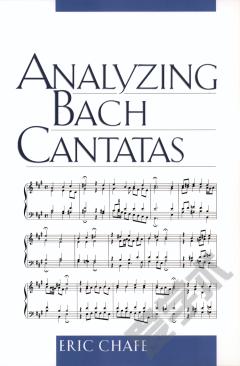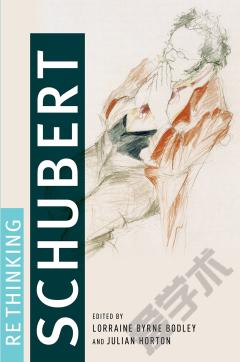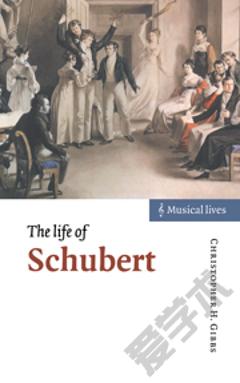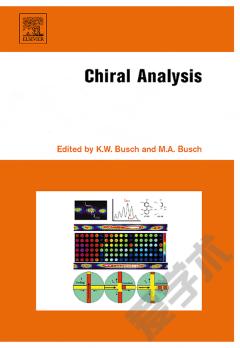Analyzing Schubert
In writing Schubertâs obituary in 1829, Johann Mayrhofer (1787â1836) noted that 19 January 1822 marked an important day for the understanding of Schubertâs songs. On that day an anonymous review of some of them appeared in the Viennese Allgemeine musikalische Zeitung . The songs under scrutiny, it might be worth revealing, included settings of poetry by none other than Mayrhofer himself. Nonetheless, in all modesty, the event was important for Schubert too: this was the first extensive review devoted to his songs. It extols Schubert for his âtruly expressive song,â his ârich lyrical giftâ and his captivating accompaniments. These traits, of course, continue to be regarded as important to Schubertâs transformation of the German lied. The next major piece of criticism appeared as soon as a month later, in another Viennese newspaper. This time the author signed his name: he was Friedrich von Hentl, and his review promised to be a probing discussion of all of Schubertâs songs published up to that point, namely Opp. 1â7. He too singles out Schubertâs lyricism and accompaniment for praise. According to him the vocal line is not solely responsible for carrying the expression of the words, as was primarily the case for Schubertâs predecessors. In Schubertâs songs, the accompaniment also holds a distinctive expressive force. Hentl additionally drew attention to the unique qualities of Schubertâs harmony, but he avoided discussing the mechanics of it in any detail: âOthers will judge the theoretical aspect of these works and say how far justice is done to the technics of an art where no lapse may be tolerated, since definite rules exclude wilfulness.â So much for the analysis of Schubertâs harmony.
{{comment.content}}








 京公网安备 11010802027623号
京公网安备 11010802027623号